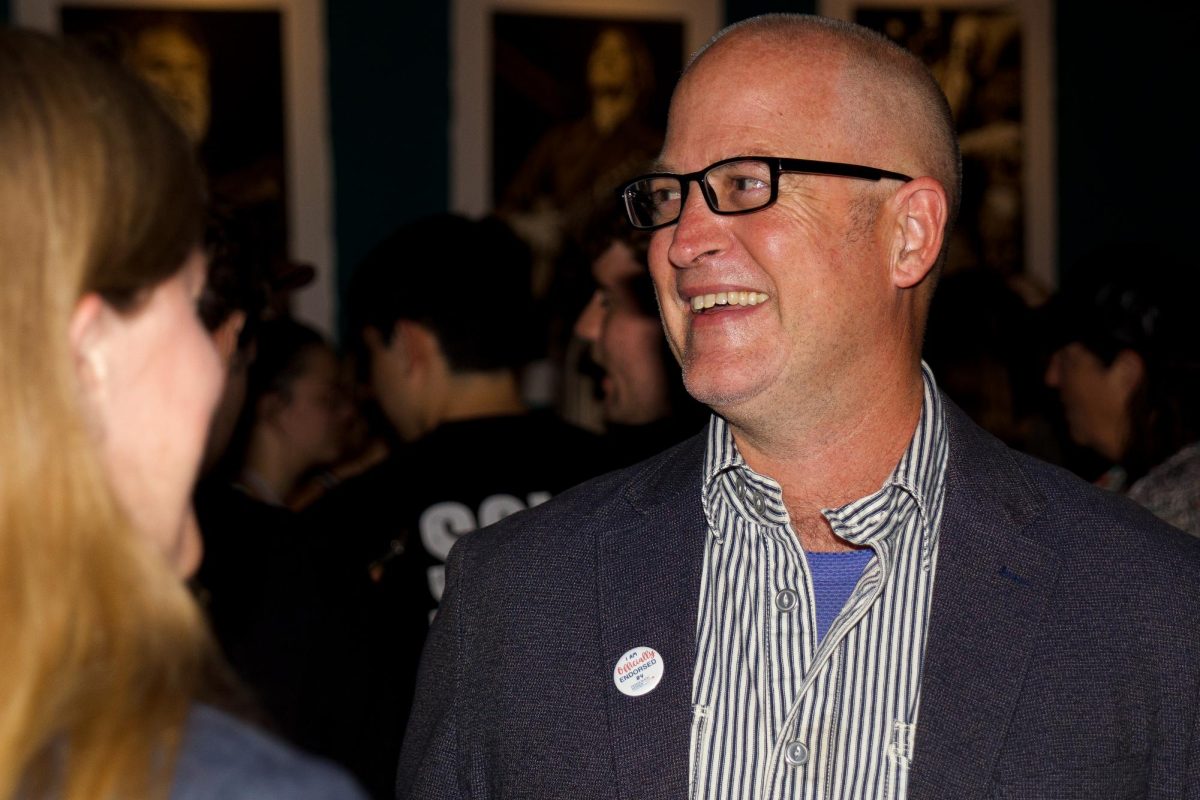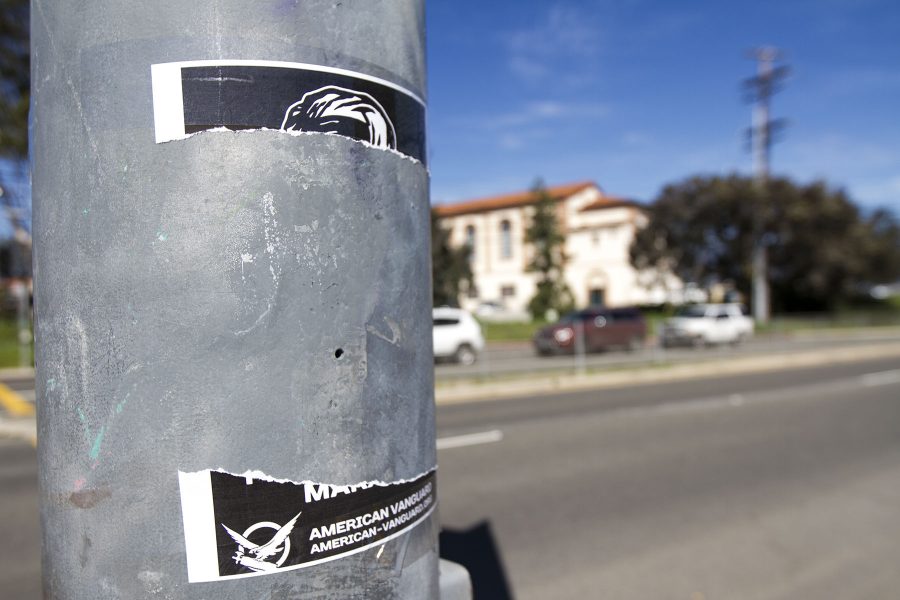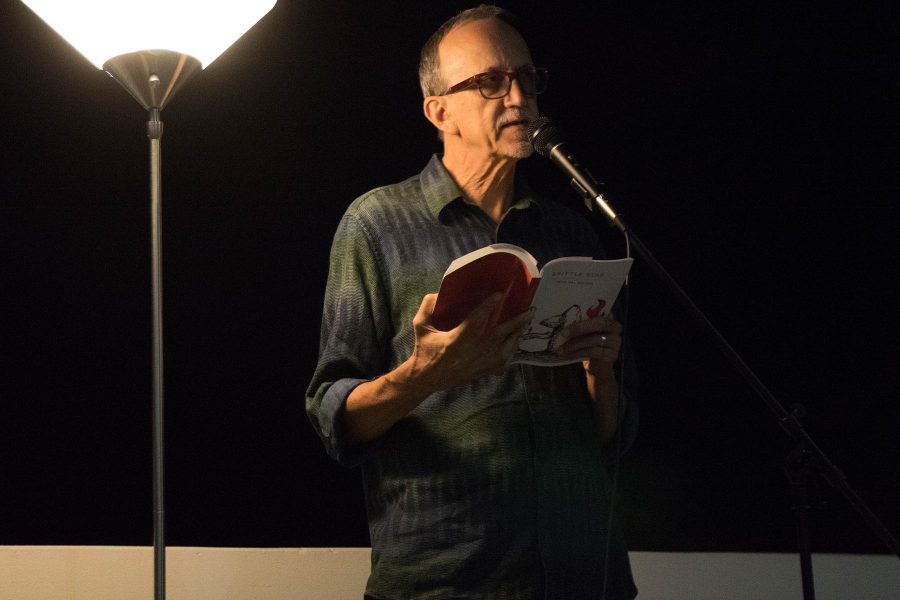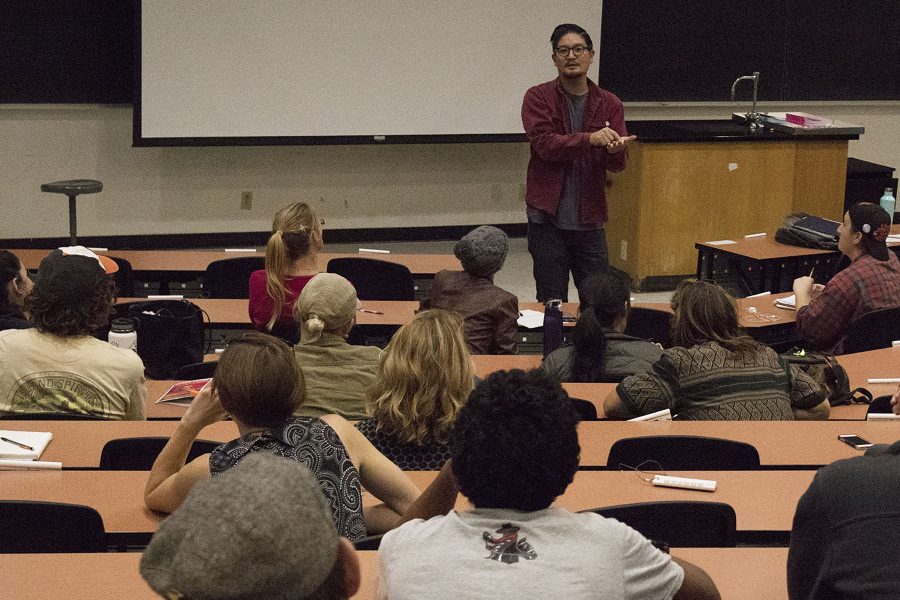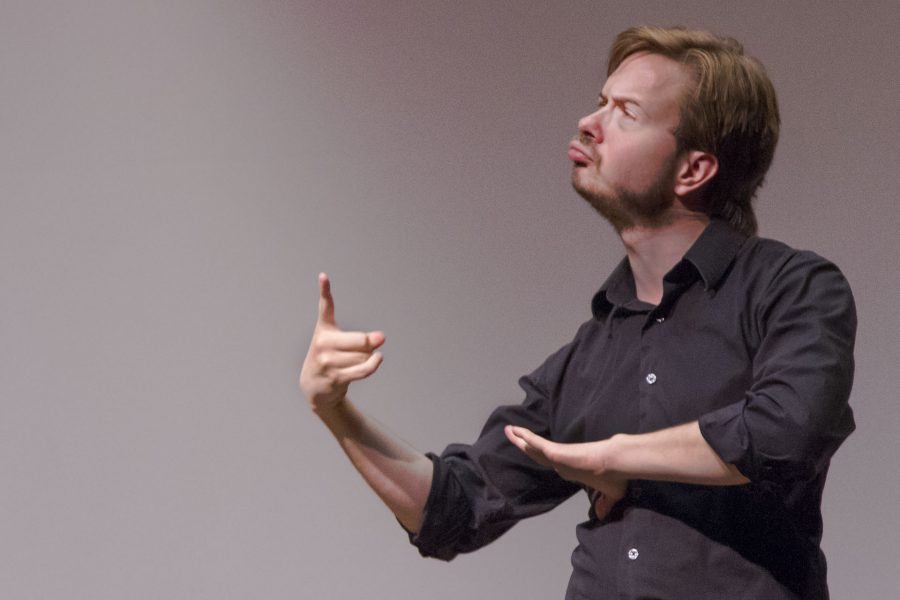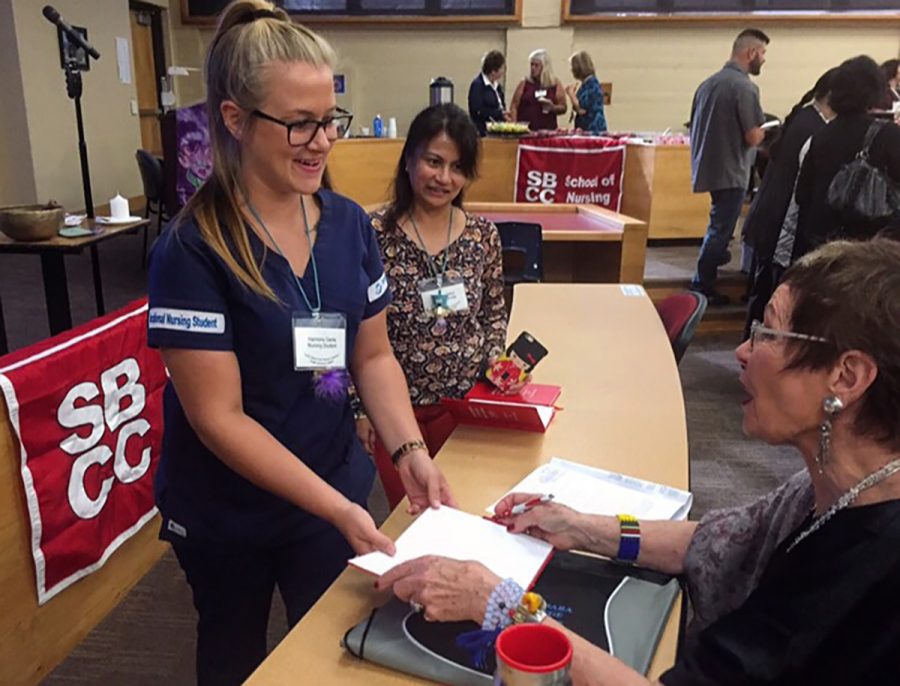International best-selling author James Ellroy will be visiting City College tomorrow, Nov. 27, to share his personal connections with Hollywood’s most famous unsolved murder case.
Inspired by the 1947 brutal murder of Elizabeth Short, Ellroy published his novel “The Black Dahlia,” in 1987, which focuses on the LAPD’s exhaustive investigation of the case.
Despite their tremendous efforts and the use of new methods of technology, police never found the culprit . More than 50 people turned themselves in, claiming they killed Short, but they were all were found innocent and dismissed as suspects.
The media has sensationalized the case with dozens of books, movies, and songs. Ellroy’s work is one of the most famous.
Professor Anne Redding, co-chair of the School of Justice Studies, said the notoriety of a case like this “makes O.J. Simpson look like a back-paged foot-note.”
Today, 60 years later, the case continues to trouble the minds of many who still want answers. Ellroy is one of these people.
According to former City College psychology instructor, Dr. Christi Clogston, Ellroy’s personal attachment to the case draws from his own mother’s murder when he was young. Her killer was also never discovered.
“He conflated the two cases in his young mind, and has projected the emotions about his mother’s death onto the Short case,” Clogston said. “It is foundational to who he is today.”
Ellroy’s lecture will be sponsored by the School of Justice Studies and will take place in the Garvin Theatre at 7:30 p.m. General admission is $15 and $12 for staff and students.
He will discuss the “The Black Dahlia” case itself, but focus more on the significance of it and the specifics of how it has become so famous.
“At this point, it’s not really about who did it,” Redding said. “We’ll never know who did it. The bigger question is, why do we still care?”
She went on to say that what’s important is the mythology surrounding the case. The mythology is what has kept people interested for so long and thus deserves to be examined.
Clogston shares a similar idea. She said she believes the allure of the case comes from both its “spectacularly gruesome nature” and the fact that was never solved.
“Anyone can be an armchair detective or, most likely today, an Internet detective, reviewing old newspaper articles, studying crime scene photos, and reading the dozen or so books on the case,” she said.
Redding said Ellroy’s lecture will be highly informative and appeal especially to those interested in criminology and criminal mythology. At very least, attendants of the lecture will get to hear about what Dr. Clogston has called a “grisly unsolved murder mystery that many people can’t resist.”
Tickets can be purchased at the Garvin Box Office or online at: http://sbcc.edu/justicestudies/index.php.


